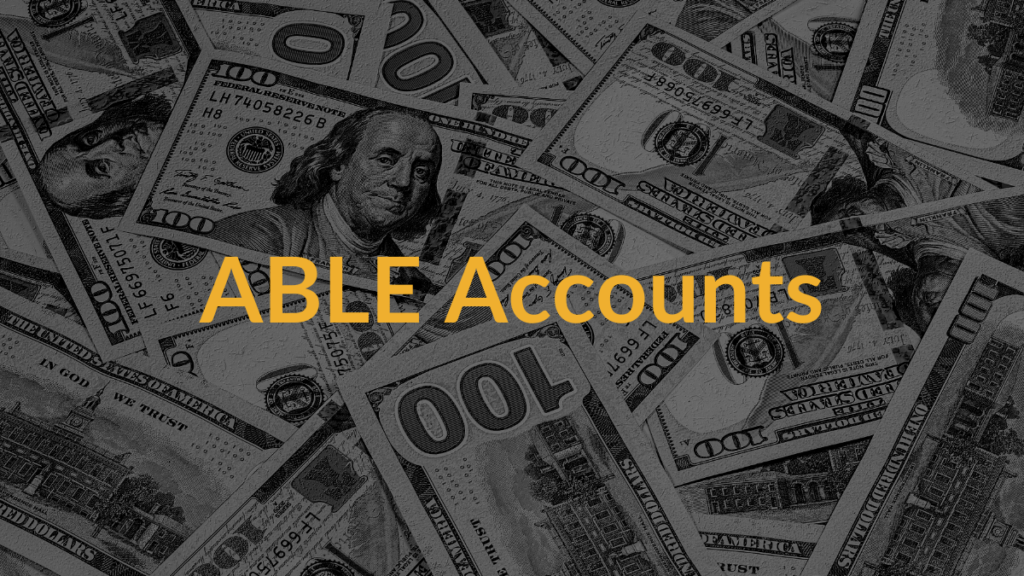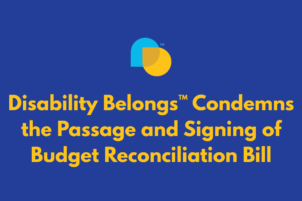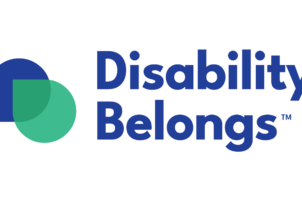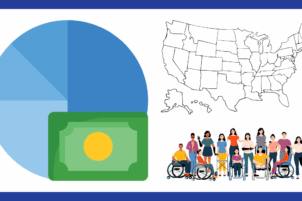 In the closing days of the last congress, the Consolidated Appropriations Act of 2023 was passed. The legislation incorporated many different priorities, but one major one for the disability community is the ABLE Age Adjustment Act, which adjusts the eligible age of disability onset to open an ABLE (A Better Life Experience) account from 26 to 46 starting on January 1, 2026. This represents a major victory on legislation that was moving through the Senate but had stalled in committee in the House, and it will enable more people with acquired disabilities to achieve and maintain financial independence.
In the closing days of the last congress, the Consolidated Appropriations Act of 2023 was passed. The legislation incorporated many different priorities, but one major one for the disability community is the ABLE Age Adjustment Act, which adjusts the eligible age of disability onset to open an ABLE (A Better Life Experience) account from 26 to 46 starting on January 1, 2026. This represents a major victory on legislation that was moving through the Senate but had stalled in committee in the House, and it will enable more people with acquired disabilities to achieve and maintain financial independence.
If you already know about ABLE accounts and just haven’t gotten around to opening one, stop reading right now and visit the website of the ABLE national resource center, which will have a link directly to your state. If you do not already know, ABLE accounts are savings accounts designed specifically for people with disabilities and their families to aid them in financial independence. Enacted in December 2014, the ABLE Act provides tax-advantaged savings accounts for people with disabilities and their families. Through ABLE, a person with a disability can save up to a significant sum of money per year without compromising their benefits for qualified disability expenses such as educational costs, housing expenditures, and payment for transportation. This applies to any type of disability.
In addition to the normal benefits of tax deferred investment accounts, ABLE accounts have extra value for those who receive some form of government benefit due to disability. Individuals with disabilities who receive benefits such as Medicaid or SSI can save no more than $2,000 of traditional assets. This is a serious employment limitation – you could be put over the limit if your paycheck is more than $2,000 – and it leaves no ability to save for emergencies, let alone significant purchases.
This shows up in levels of financial security. A 2017 study by the National Disability Institute (NDI), entitled “Banking Status And Financial Behaviors,” demonstrates significant under-banking habits among people with disabilities. For instance, 40 percent of those who are banked have checking accounts, but lack savings accounts. Just 40 percent of households with disabled individuals save for unforeseen expenses, as compared to 61 percent of other households. A large portion of this is likely due to the need to stay under the benefit asset limits.
ABLE accounts were specifically “enacted to help blind or disabled people save money in a tax-favored ABLE account to maintain health, independence, and quality of life.” Here are several things worth knowing about ABLE accounts:
- You are eligible for an ABLE account if
- you are blind or meet the definition of disability under Title II or Title XVI of the Social Security Act; and
- Your blindness or disability occurred before age 46
- You can use your ABLE account to cover disability related expenses which include
- basic living expenses;
- health and wellness;
- housing;
- financial management;
- transportation;
- education and training;
- assistive technology; and
- legal fees.
It’s important to note that there is a limit to the assets. Specifically, the first $100,000 in your ABLE account would be exempted from the $2,000 SSI asset cap. If your ABLE account exceeds $100,000, your SSI benefit payment would be suspended, but this suspension has no effect on your ability to receive or be eligible to receive medical assistance through Medicaid. Whether or not your state eligibility is affected will be determined by state.
Obviously, the newly passed eligibility changes are still a few years away, but save this article, and when it’s time, find your state on this website and start the process of setting up an account.







